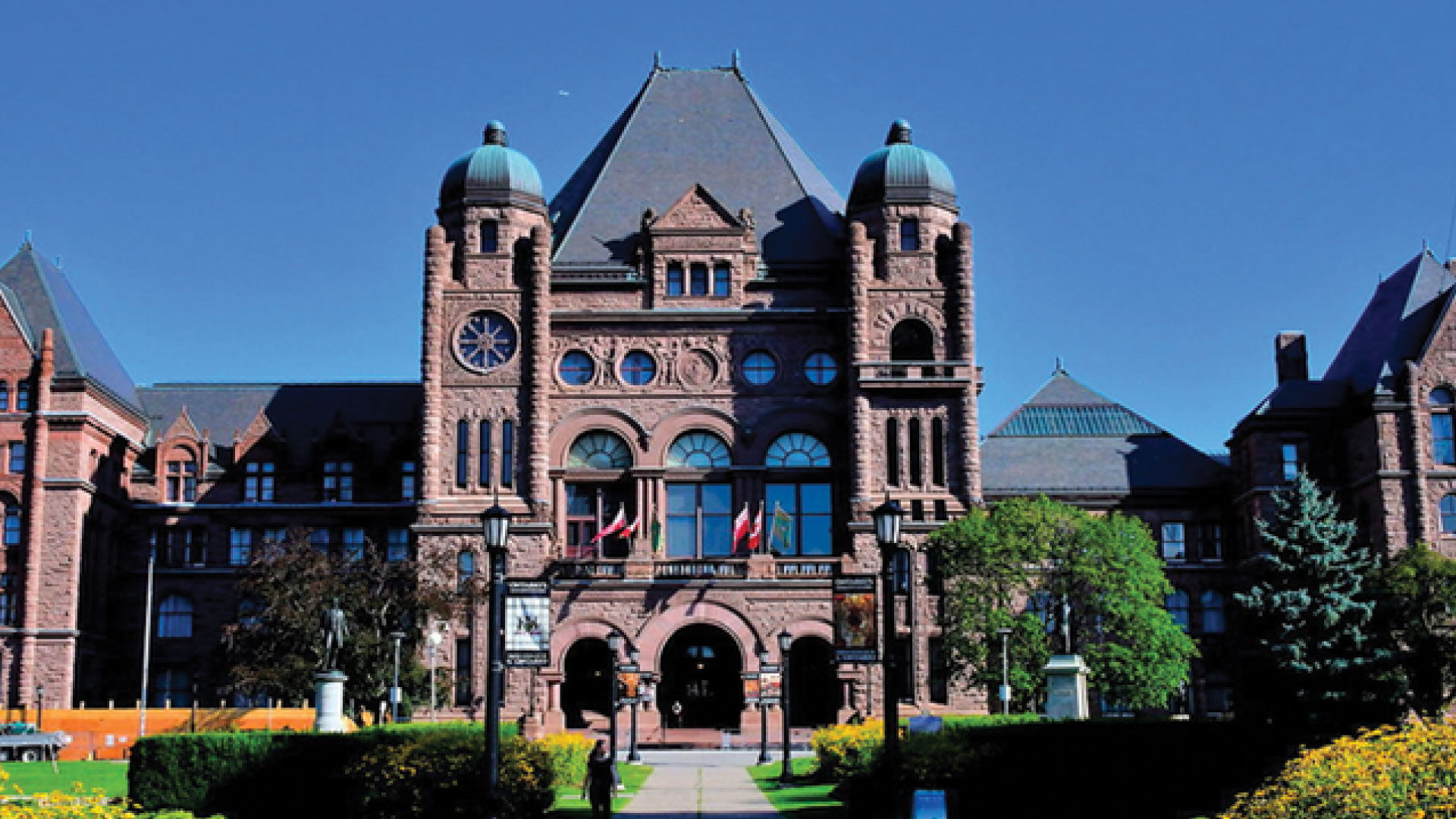And they’re off! It may be almost a year until the 2022 election, but thanks to the new campaign finance rules — for which the PCs invoked the notwithstanding clause for the first time in provincial history — there’s a new 12-month timeline and more onerous requirements for registration. So far, 11 third-party groups have registered with Elections Ontario.
Most are already signed up because the pre-election period was doubled to 12 months and as the bar for registration is rather low — $500 spent on political advertising. I spoke with the groups to find out how they’re coping with the new lay of the land.
Ontario Secondary School Teachers’ Federation — which is launching a Charter challenge against the PCs legislation that invoked the notwithstanding clause: “As far as our actual ad campaign, with the limited time and limited funds we have, we’re going to have to choose very wisely in order to have the best impact. There’s a lot of grey zones here…[But] we will do what we need to do in order to protect public education,” said union president KAREN LITTLEWOOD.
Environmental Defence: “We had to register,” said executive director TIM GRAY. “And, of course, the new rules are very broad in terms of what’s interpreted as election advertising. Our advice is that anything that criticizes the government in any way is advertising. We do a lot of stuff on social media, for example, and it doesn’t take very much spending per month to exceed the minimum. If you spend more than $500 in a year, you need to register — well, that captures basically anyone who says anything on social media, if you have an organization like ours, so we needed to register.”
CUPE Ontario: The changes are “meant to bring a chill and discourage people from engaging in political discourse,” said president FRED HAHN. “However, it’s not going to change our work. We are simply not going to let any government of any stripe tell us — the largest public sector union in the province, representing 280,000 Ontarians who all have a democratic interest in this election — that we can have no role in talking with our members and with the public about the services our members deliver.”
Fair Vote Canada: “We don’t know yet what ad campaign Fair Vote Canada will run in Ontario for the 2022 campaign,” said secretary and retired lawyer WILFRED DAY. “Our biggest concern was Ford using the notwithstanding clause for partisan advantage when he was elected by only 40.5 per cent of voters. Ford has doubled the maximum annual donation that an individual can make to a political party, boosting it to $3,300 effective this year. Very few of our supporters are in that range.”
Ontario Medical Association: “The OMA has traditionally been very active during the election period,” said communications chief JOHN BOZZO. “If the Act hadn’t changed, we would have still registered — we would have just registered under whatever the old timelines were. Our election messaging tends to be more around what changes or what recommendations doctors are making that will better serve patients, help the system and help frontline workers…especially around the incredible backlog. We’ll be developing a health care plan that we’ll be launching in the coming months.”
Ontario Nurses’ Association: “In view of this government’s plan to silence its critics in next year’s election, ONA is currently assessing its plans for upcoming campaigns,” said president VICKI MCKENNA. We note that Working Families intends to file its Charter challenge to Bill 307; ONA will be involved in that litigation. We believe Ontarians deserve to have sufficient information on election issues that impact them to enable them to make an informed choice when they vote.”
The full article is behind a paywall, and you can click here to read it.

